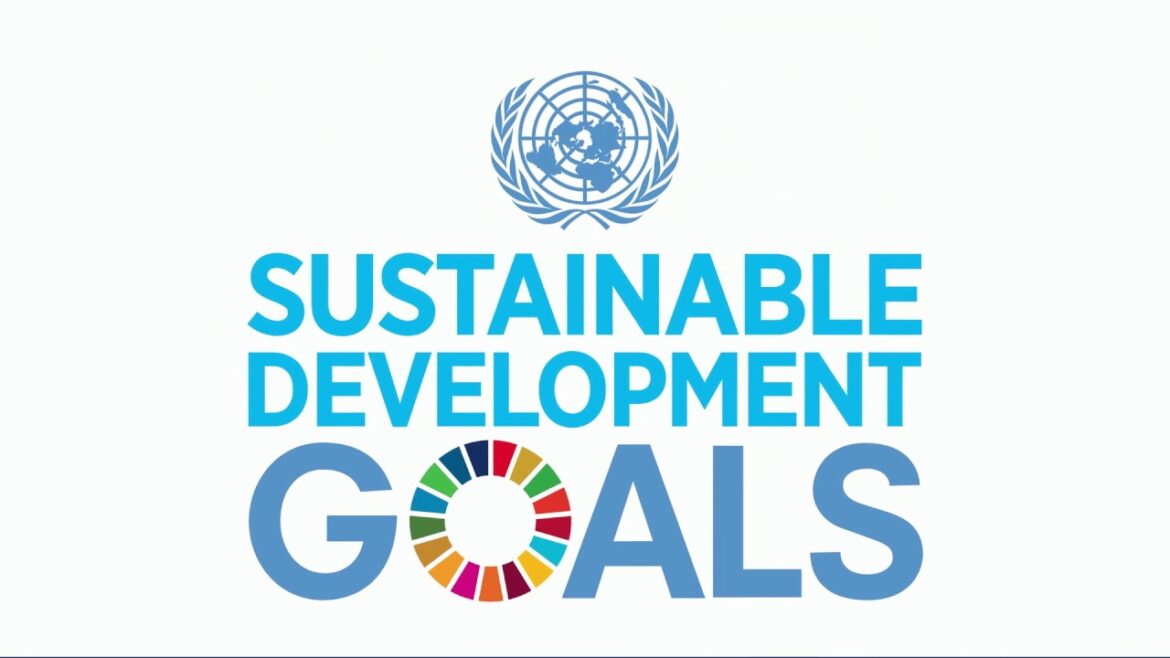By Asmau Ahmad
The United Nations Information Center (UNIC) and Media Awareness and Information for All Network (MAIN) have urged journalists to increase integration of sustainability in news reporting.
They made the call at a two-day training of selected journalists on Sustainable Development Goals (SDGs), organised by the UNIC and MAIN in Lagos state.
The Lagos edition of the training is the fifth so far, with others having held in Kano, Uyo and Borno state and the Federal Capital Territory, Abuja.
he Director of UNIC, Mr Ronald Kayanja, said sustainability involved development that met the needs of this generation without compromising the ability of future generations to meet theirs.
He said the media was important in realisation of the objectives of SDGs.
Kayanja said also that the 17 SDGs could not be achieved without the active cultivation and cooperation of the media.
According to him, the media is central to the initiation, execution and public support of any policy and programme of development.
Kayanja said it was in realisation of the importance of communication and the media that the need to train, equip and deploy an informed media to achieve SDGs had become imperative.
“To be able to achieve SDGs, we need knowledge and information. There are specific national and regional issues that should be taken on board when discussing the goals in different countries.
“One of the roles of the media is to enable the public to make sense of global change and how this is affecting them.
“The media should also demand accountability from governments at all levels, on progress with the implementation of commitments to sustainability both nationally and locally,” he said.
The Chairman of MAIN, Prof. Lai Oso, said in every contemporary society, the mass media had become the main institution of knowledge creation and meaning making.
He said that they structured perceptions and sense of social reality.
“The point is that any issue that does not register in the media space may not attract the required attention.
“Also, the way an issue is presented in the media influences public perception, attitude and knowledge, and sometimes policy decisions.”
According to Oso, the main focus of sustainability journalism includes reporting SDGs based on knowledge and understanding, fostering dialogue towards finding solutions to problems, among others.
He emphasised that sustainability journalism recognised the challenges in implementing SDGs and focused attention of empowering the people in highlighting solutions and how to accomplish such.
“Sustainability journalism is similar to solution journalism, development journalism, civic journalism and constructive journalism.
“These forms of journalism believe in using journalism to serve the people and giving voice to the lower class or status social groups.
“These forms of journalism do not dwell on just the negative but put emphasis on solutions and collective action of the people to problem solving,” Oso said.
He urged the media to explore the connections within the context of the three pillars of sustainability — environmental, economic and social sustainability.




